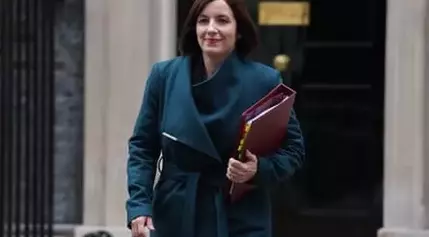Uncover the Magic of School Performances
Section 1: The Favorite Play of the Year
Among the various plays that have graced the stage this year, it's a tough call to determine the absolute favorite. Somebody Jones's How I Learned to Swim truly stands out with its unique storytelling and engaging performances. The way the characters come to life on stage is nothing short of magical. It takes the audience on a journey of self-discovery and growth.
James Macdonald's revival of Waiting for Godot, on the other hand, offers a fresh perspective on a classic play. The actors bring a new energy to the roles, making the audience question and reflect. It's a performance that leaves a lasting impression and makes you think about the nature of existence.
Section 2: The Final Year at Primary School
For many parents and educators, the final year at primary school is a bittersweet time. It's the last chance to witness their children's performances on the school stage. As a guardian, I remember those moments with a sense of pride and joy. Sitting in that small chair among the other parents, watching my youngest daughter shine on stage, was an experience I will never forget.
These school performances are not just about entertainment; they are a testament to the hard work and dedication of the students and teachers. Despite the heavy workload on teachers, they manage to put on amazing shows that bring the community together. It's a time when children can express themselves and build confidence through the power of theatre.
Section 3: The Impact of the Pandemic
The pandemic has had a profound impact on children's lives, especially their feelings towards school. A Christmas concert done in the playground instead of the school hall due to Covid restrictions was a stark reminder of the changes brought about by the virus. Many children started primary school with delayed communication skills and emotional difficulties.
However, drama and music have played a vital role in helping these children recover. In school performances, we see different children finding their feet and expressing themselves. It's a powerful form of therapy that helps them heal and grow.
Section 4: The Erosion of the Arts in State Schools
Recent data showing a 42% decline in arts GCSE entries is a cause for concern. Theatre leaders have been filling the gap left by the disappearance of creative and performing arts education in state schools. Nicholas Hytner, the director, highlighted the importance of this work and expressed regret that the industry has not secured direct funding from the Department for Education.
The National Theatre's Primary Schools Touring programme is a prime example of the efforts being made to bring theatre to primary school students. Cutting this programme would be a great loss to working-class communities and young people who might be inspired to become artists themselves.
Section 5: The Future of Theatre Audiences
The National Theatre's total cut of its touring programme aimed at the youngest students is a disappointing development. It could jeopardize the development of theatre audiences and practitioners for years to come. Panto is often considered the first taste of theatre for children, but it's traditionally been school that plays a crucial role.
We need to ensure that children have access to professional live theatre on their home ground of school. It's an experience that can inspire and shape their lives. By supporting and investing in school theatre, we can help build a strong foundation for the future of theatre.

